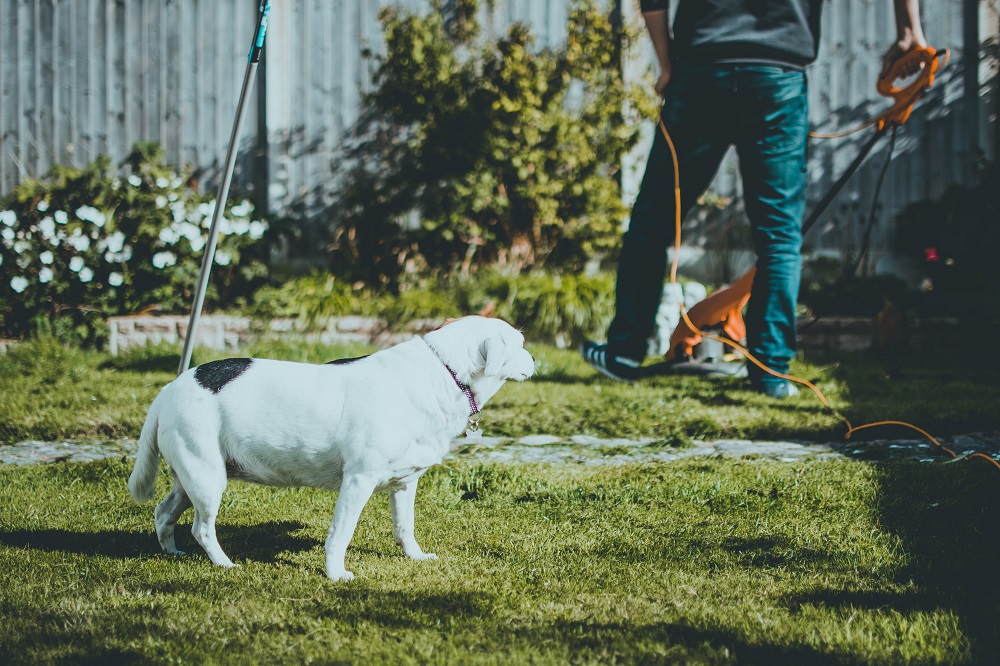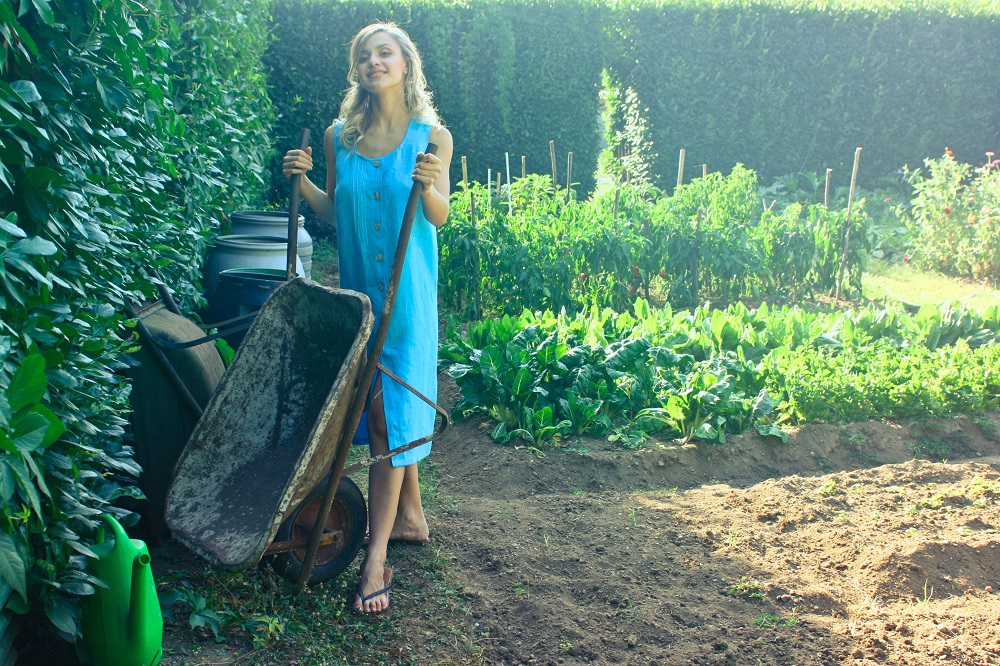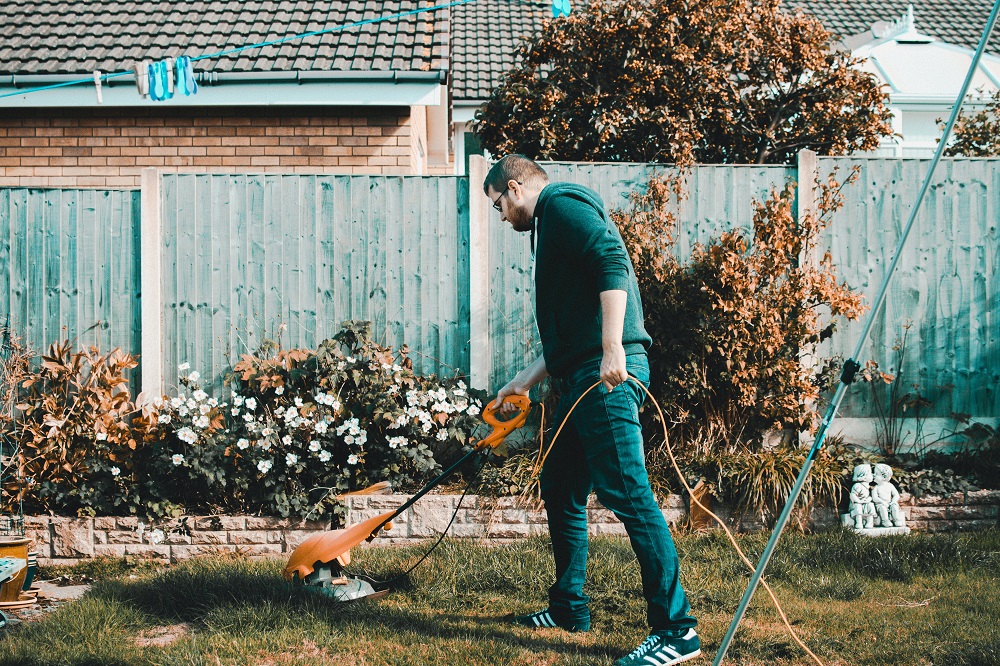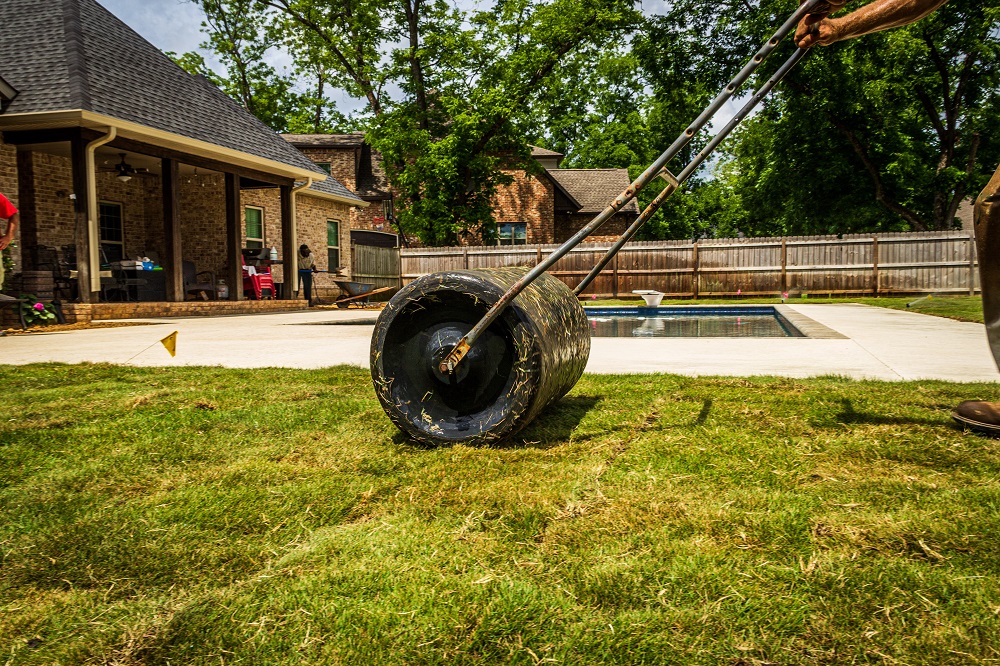What Does Landscaping Entail and How Can I Learn Some DIY Tips?

Landscaping is the process of designing, creating, and maintaining outdoor spaces. It encompasses a wide range of activities, from planting and pruning to hardscaping and irrigation. In this article, we’ll explore some of the key elements that go into landscaping.
- Design
The first step in landscaping is to create a design plan. This involves assessing the outdoor space, taking into account factors such as the size and shape of the area, the existing features, and the homeowner’s preferences and needs.
The design plan may include elements such as plant selection, hardscaping features such as paths and patios, and irrigation systems. A professional landscape designer can help create a custom design plan that maximizes the beauty and functionality of the outdoor space.
- Planting
Planting is a key element of landscaping, and involves selecting and placing plants in the outdoor space. Plants may include trees, shrubs, flowers, and other ornamental plants. Plant selection may be based on factors such as the climate, soil type, and sun exposure of the outdoor space.
Planting may also involve soil preparation, such as adding compost or fertilizer to the soil to improve its nutrient content. Proper planting techniques, such as proper planting depth and spacing, are important for ensuring the health and growth of the plants.
- Hardscaping
Hardscaping refers to the non-plant elements of landscaping, such as paths, patios, walls, and other structures. Hardscaping can add structure and functionality to the outdoor space, as well as enhance its beauty.
Hardscaping may involve the use of materials such as concrete, brick, or natural stone. A professional landscaper can help select the right materials and design features to complement the overall design plan.
- Irrigation
Proper irrigation is essential for maintaining a healthy and attractive outdoor space. Irrigation systems may include sprinklers, drip irrigation, or other methods of delivering water to the plants.
Irrigation systems should be designed to meet the specific needs of the plants and outdoor space. A professional landscaper can help design and install an irrigation system that maximizes the efficiency and effectiveness of water delivery.
- Maintenance
Maintaining the outdoor space is an ongoing process that involves regular care and attention. Maintenance activities may include pruning, fertilizing, mulching, and weed control.
Proper maintenance is important for ensuring the health and beauty of the outdoor space, as well as preventing issues such as pests and disease. Regular maintenance can also help extend the life of hardscaping features and irrigation systems.
Landscaping involves a wide range of activities, from designing and planting to hardscaping and irrigation. By working with a professional landscaper, homeowners can create a beautiful and functional outdoor space that enhances the beauty and value of their property. Whether it’s a small garden or a large outdoor space, landscaping can help create a peaceful and relaxing environment for homeowners to enjoy.
Where Can I Learn DIY Tips and Tricks?
Learning DIY tips and tricks can be a great way to improve your landscaping and gardening skills, save money on professional services, and take pride in the work you do. Fortunately, there are many resources available to help you learn DIY tips and tricks for landscaping and gardening.
- Online Resources
The internet is a great place to find DIY tips and tricks for landscaping and gardening. There are many websites and blogs that offer expert advice, step-by-step tutorials, and instructional videos. Some popular websites for DIY landscaping and gardening tips include HGTV, Better Homes & Gardens, and The Spruce.
YouTube is also a great resource for DIY tips and tricks. There are many channels dedicated to landscaping and gardening, offering instructional videos on everything from plant selection to hardscaping techniques.
- Books and Magazines
Books and magazines can be a great source of inspiration and information for DIY landscaping and gardening. There are many books and magazines dedicated to landscaping and gardening, offering expert advice and step-by-step tutorials.
Some popular books for DIY landscaping and gardening include “The Well-Tempered Garden” by Christopher Lloyd and “The Vegetable Gardener’s Bible” by Edward C. Smith. Popular magazines for DIY landscaping and gardening include Garden Design, Fine Gardening, and Organic Gardening.
- Local Workshops and Classes
Many local garden centers and nurseries offer workshops and classes on landscaping and gardening. These classes can be a great way to learn new skills and techniques, as well as meet other gardening enthusiasts in your community.
Some classes may be free, while others may require a fee. Topics may include plant selection, container gardening, pruning techniques, and hardscaping.
- Volunteer Opportunities
Volunteering with a local community garden or park can be a great way to learn new skills and techniques for landscaping and gardening. Many community gardens and parks offer volunteer opportunities, where you can work alongside experienced gardeners and landscapers to learn new skills and techniques.
Volunteering can also be a great way to give back to your community and connect with like-minded individuals who share your passion for landscaping and gardening.
- Local Landscaping and Gardening Clubs
Joining a local landscaping or gardening club can be a great way to learn DIY tips and tricks, as well as connect with other landscaping and gardening enthusiasts in your community. Many clubs offer regular meetings, workshops, and other events that focus on landscaping and gardening topics.
Some clubs may also offer mentorship programs, where you can work alongside experienced landscapers and gardeners to learn new skills and techniques.
Learning DIY tips and tricks for landscaping and gardening can be a fun and rewarding experience. Whether you’re looking to save money on professional services, improve your landscaping and gardening skills, or simply take pride in the work you do, there are many resources available to help you learn. From online resources to local workshops and classes, there are many opportunities to learn new skills and techniques and connect with other landscaping and gardening enthusiasts in your community.


